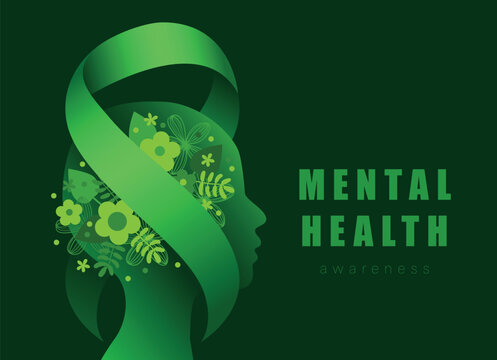Introduction
Road accidents are an unfortunate and persistent issue worldwide, claiming thousands of lives and causing severe injuries every year. Whether due to human error, poor road conditions, or vehicle malfunctions, these incidents have devastating effects on individuals, families, and societies. Understanding the causes and consequences of road accidents is crucial in implementing preventive measures and reducing their occurrence.
Causes of Road Accidents
1. Distracted Driving
One of the leading causes of road accidents is distracted driving. Activities such as texting, talking on the phone, eating, or adjusting the radio take the driver’s attention away from the road, increasing the risk of collisions.
2. Speeding
Driving over the speed limit reduces the driver's reaction time and increases the severity of accidents. High-speed collisions often result in severe injuries or fatalities.
3. Drunk Driving
Alcohol and drugs impair a driver’s judgment, coordination, and reflexes, making them a major cause of accidents. Driving under the influence not only endangers the driver but also puts passengers and other road users at risk.
4. Reckless and Aggressive Driving
Tailgating, sudden lane changes, running red lights, and aggressive driving behaviors can lead to fatal accidents. Many accidents occur due to impatient drivers taking unnecessary risks.
5. Poor Road Conditions
Potholes, inadequate lighting, and poorly marked roads contribute to accidents, especially in rural or underdeveloped areas. Poor weather conditions, such as rain, fog, and ice, also increase the risk of crashes.
6. Vehicle Defects
Faulty brakes, tire blowouts, engine failures, and other mechanical defects can cause accidents. Regular maintenance and vehicle inspections are essential to ensuring safety on the road.
Consequences of Road Accidents
1. Loss of Lives and Injuries
Many road accidents result in fatalities or serious injuries, leading to physical disabilities and emotional trauma for victims and their families.
2. Financial Burden
Medical expenses, vehicle repairs, and legal costs place a significant financial strain on individuals involved in accidents. Additionally, insurance premiums often rise after an accident.
3. Traffic Congestion
Accidents on busy roads cause traffic jams, delaying commuters and affecting businesses that rely on timely transportation.
4. Emotional and Psychological Impact
Survivors of road accidents often experience post-traumatic stress disorder (PTSD), anxiety, and depression. Families who lose loved ones in accidents endure emotional distress and grief.
How to Prevent Road Accidents
1. Follow Traffic Rules
Obeying speed limits, stopping at red lights, and following lane discipline are essential for road safety.
2. Avoid Distractions
Drivers should focus entirely on the road, avoiding phone use and other distractions while driving.
3. Do Not Drink and Drive
Alcohol impairs judgment and reflexes. If intoxicated, one should opt for a designated driver or use public transportation.
4. Drive According to Weather Conditions
Reducing speed and increasing caution during rain, fog, or icy conditions can prevent accidents.
5. Maintain Your Vehicle
Regular servicing and timely repairs ensure that vehicles are in good condition, reducing the risk of mechanical failures.
6. Educate and Spread Awareness
Government agencies, schools, and organizations should conduct road safety campaigns to educate people about responsible driving habits.



No comments:
Post a Comment